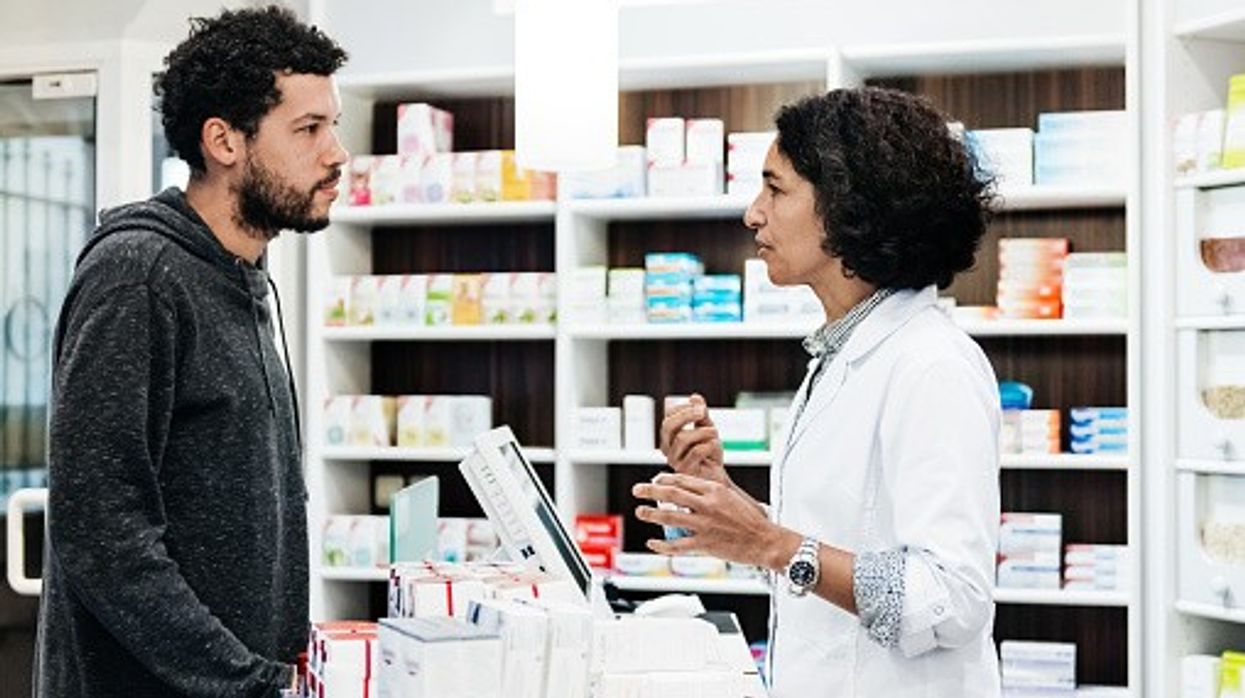As international travel starts to recover amidst Covid-19 pandemic, the need to ensure protection against malaria for all those potentially exposed will be as great as ever, the Public Health England (PHE) advisory committee on malaria prevention (ACMP) has said in an update on Thursday (June 10).
The PHE body added that it “will keep its advice for travellers to individual countries under review as the situation evolves.
“It may be that due to increased transmission, the risk of malaria acquisition increases for travellers to some areas, with the possibility of re-introduction of malaria to areas recently considered to have interrupted transmission.”
The PHE has recommended health professionals stick to using one resource for country-specific malaria recommendations to optimise consistency of advice. “Whilst we recognise that other sources of advice are available, healthcare professionals working in England, Wales or Northern Ireland are advised to use the ACMP guidelines as their preferred source of guidance for malaria prevention,” the ACMP said in its latest guidance.
The Covid-19 has had a dramatic effect on travel patterns which has inevitably affected the number of malaria cases imported into the UK.
From the second quarter of 2020 onwards the malaria reference laboratory has seen a 70 to 90 per cent reduction in referred cases.
“The full effect of Covid-19 on in-country malaria eradication programmes has yet to be determined, but there are concerns that hard-won gains may be lost,” the PHE said.
The WHO world malaria report 2020 indicates that many countries have reported moderate levels of disruptions.
From modelling data, they estimate that in sub-Saharan Africa, reduction in access to effective antimalarial treatment of 10 per cent could lead to an additional 19,000 deaths by the end of 2020.











